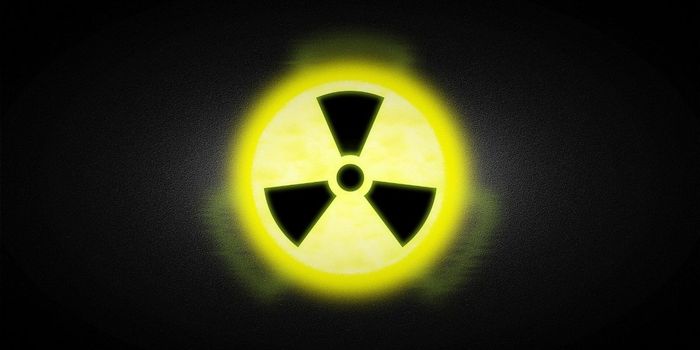Correlation Does Not Equal Causation
Much of the time, people derive causation from correlation. Put another way, when two odd circumstances seem to align with one another, people assume that one causes the other.
Such logic simply makes sense, right? - Well no; that's a fallacy. And there are actually numerous examples to prove that just because something conveniently happens at a given time in the presence of something else, this does not mean that the presence of that thing caused what happened.
What happens is something known as a "lurking variable" lingers behind the scenes, causing both situations to occur. The only problem is, no one can obviously see this variable and all we can see are the two circumstances going on. This leads us to believe that there's a connection between them.
For example, there is a 99.26% correlation between the divorce rate in Maine and the consumption of margarine, but since these are completely unrelated and have nothing to do with one another, we can rule out that people eating margarine has anything to do with why people in Maine get divorces in the first place.
In other cases, the relationship between two variables isn't always as obvious, which leads scientists to sometimes find non-scientific reasoning behind some studies and then incorrectly publish their findings based off of the correlation/causation fallacy. Such reckless behavior can be very dangerous, especially in the medical research field.
In scientific studies, scientists have to use repetition to eliminate any possible correlation/causation confusion that might have occurred in a one-off scenario. In some cases, they will use several test subjects so that they have as broad of a data collection as possible and then randomize the repetition with each subject.
This isn't to say that correlation is never a reason for something happening, but to base an argument off of correlation and nothing else is foolish, to say the very least.
It's important to check, double-check, and triple-check data before making any "scientific" claims because correlation does not equal causation.








